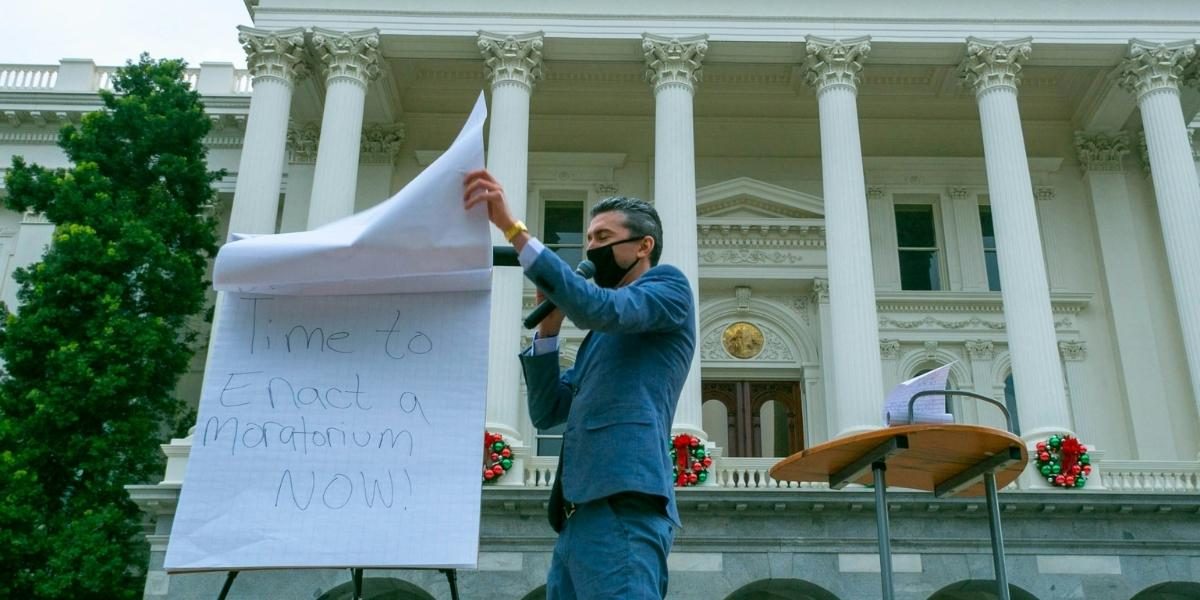A governor serves as the chief executive of a state or region, wielding significant power over governance, policy decisions, and administrative affairs. As a key political figure, a governor influences legislation, budget allocation, and crisis management, while also acting as a representative of the state on various governmental levels. Their responsibilities require strong leadership, strategic decision-making, and the ability to navigate political landscapes effectively.
Read Also: Judicial Independence: The Cornerstone of Democracy
WHAT EXECUTIVE POWERS DOES A GOVERNOR HOLD?
A governor is responsible for implementing state laws, overseeing agencies, and managing resources. As the head of the executive branch, their duties include:
- Enforcing State Laws – Ensuring legislation is followed by directing law enforcement and government agencies.
- Managing the State Budget – Allocating funds for public programs, infrastructure, and essential services.
- Appointing Officials – Selecting department heads, board members, and judicial appointments.
- Issuing Executive Orders – Establishing policies without legislative approval in areas where they hold authority.
- Granting Clemency – Providing pardons or commutations to individuals convicted under state law.
Through these executive functions, a governor directly influences the state’s direction, focusing on policy priorities that align with their leadership vision.
HOW DOES A GOVERNOR INTERACT WITH THE LEGISLATIVE BRANCH?
Although a governor does not directly create laws, their interaction with the legislative branch is crucial. They play a major role in shaping state policies through:
- Proposing Legislation – Recommending laws that align with their administration’s goals.
- Lobbying for Policy Support – Working with legislators to advocate for bills that reflect their priorities.
- Signing Bills into Law – Giving final approval to legislation passed by the state legislature.
- Veto Power – Rejecting bills that they find problematic or contrary to their policy direction.
- Calling Special Sessions – Convening lawmakers to address urgent matters outside the regular legislative cycle.
The relationship between a governor and the legislature often determines how smoothly governance functions. Governors with strong political alliances tend to have a more effective legislative agenda, while those facing divided governments may encounter challenges in policy implementation.
WHAT IS A GOVERNOR’S ROLE AS COMMANDER-IN-CHIEF?
A governor serves as the commander-in-chief of the state’s National Guard, providing them with military authority in times of crisis. Responsibilities include:
- Deploying the National Guard – Mobilizing forces for natural disasters, civil unrest, or other emergencies.
- Approving Emergency Aid – Directing resources for relief efforts, rescue operations, and security responses.
- Working with Federal Authorities – Coordinating with the federal government for disaster assistance and defense support.
While National Guard forces can be federalized during national emergencies, the governor retains command for state-specific missions unless overridden by federal directives.
HOW DOES A GOVERNOR HANDLE INTERGOVERNMENTAL RELATIONS?
Governors play a pivotal role in negotiations with federal agencies, other states, and international partners. Their responsibilities include:
- Securing Federal Funding – Advocating for grants, infrastructure projects, and federal aid.
- Interstate Collaboration – Working with neighboring states on shared concerns such as transportation, environmental policies, and economic initiatives.
- International Trade Relations – Representing their state in discussions about trade agreements and investment opportunities.
By engaging in diplomatic and strategic partnerships, governors enhance economic development and improve public services within their states.
HOW DO GOVERNORS SERVE THEIR CONSTITUENTS?
Governors act as the primary point of contact for citizens seeking assistance with state-related concerns. Their responsibilities include:
- Addressing Public Concerns – Responding to issues raised by residents, businesses, and organizations.
- Ensuring Efficient State Services – Overseeing agencies responsible for healthcare, education, transportation, and public safety.
- Hosting Town Halls and Public Events – Engaging with citizens directly to understand community needs.
A governor’s approval rating is often tied to how effectively they address public needs, crisis management, and state-wide initiatives.
WHAT POLICY INITIATIVES DO GOVERNORS CHAMPION?
Governors often push signature policy initiatives based on their vision for state progress. These initiatives vary but commonly include:
- Education Reform – Increasing funding for schools, teacher salaries, and curriculum improvements.
- Economic Development – Attracting businesses, creating job opportunities, and improving workforce training.
- Healthcare Expansion – Advocating for better access to medical care and public health resources.
- Environmental Protection – Promoting renewable energy, conservation efforts, and climate action policies.
- Social Welfare Programs – Addressing housing, poverty, and assistance programs for vulnerable populations.
The success of these initiatives depends on legislative support, budget availability, and public backing.
WHAT CHALLENGES DOES A GOVERNOR FACE?
Governors must navigate complex political, economic, and social challenges while in office. Some of the most significant obstacles include:
- Political Divisions – Balancing different party ideologies and maintaining cooperation between lawmakers.
- Crisis Management – Handling public health emergencies, natural disasters, and security threats.
- Budget Constraints – Addressing state deficits while funding essential services.
- Public Accountability – Managing expectations and responding to criticism from the media and citizens.
Strong leadership, adaptability, and effective communication help governors overcome these challenges and lead their states effectively.
Read Also: Understanding US Labor Rights and Union Activities
A governor is more than just a political leader—they are decision-makers, policy drivers, and public servants responsible for shaping the future of their state. Through executive leadership, legislative influence, crisis management, and advocacy, governors play a critical role in state governance. Their success depends on their ability to balance power, maintain public trust, and implement impactful policies that benefit their constituents.








